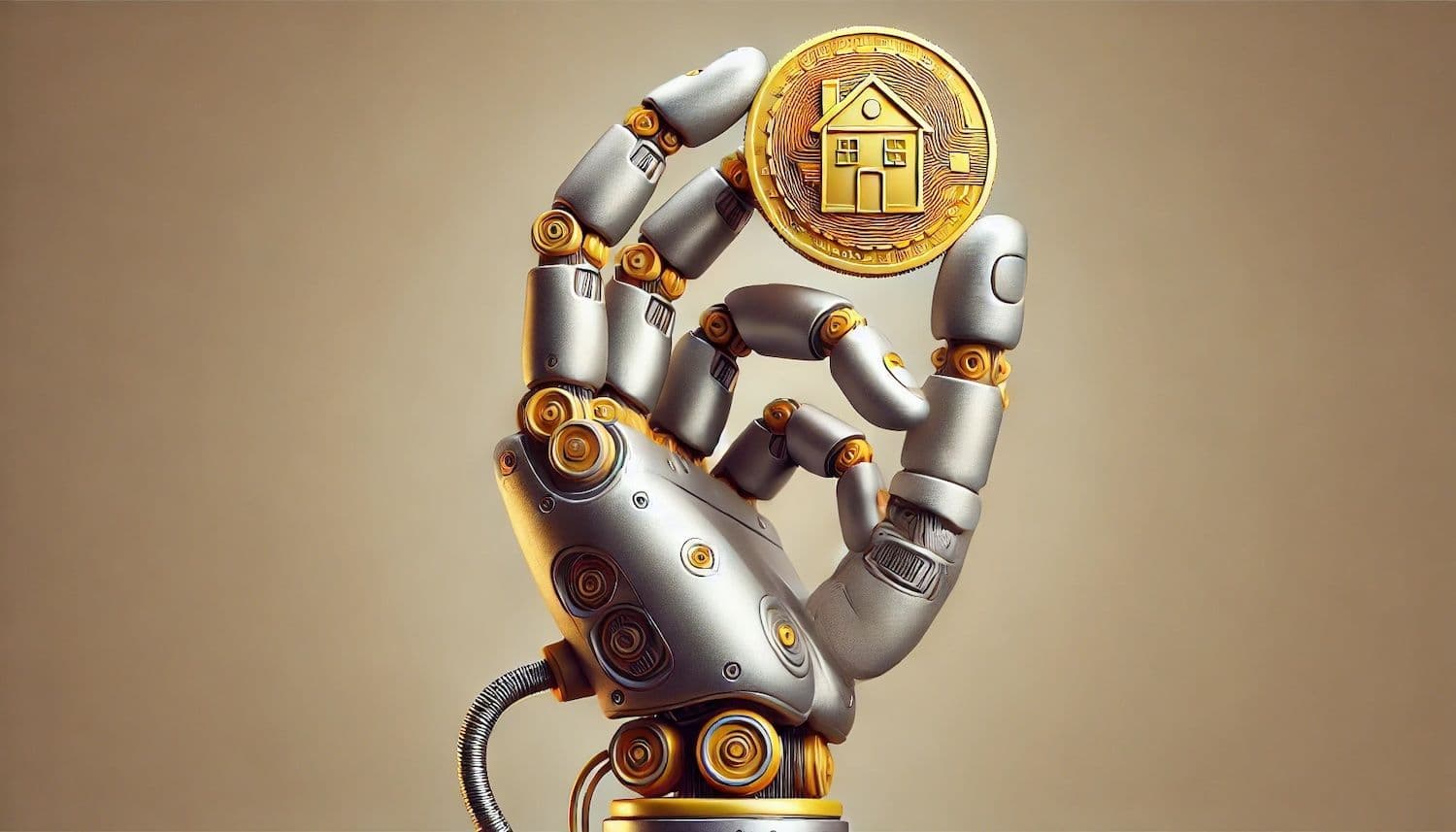Tokenized real-world assets (RWAs) are shaking up traditional finance. They're turning physical stuff into tradable digital tokens. The market's booming, hitting $8 billion this year.
Now, RWAs are going green. They're being used to boost sustainability efforts. It's a big deal.
VeChain's CEO, Sunny Lu, is all in on the idea. He says RWAs can digitize sustainable assets and their impact. It's about transparency, he reckons.
Transparency's crucial. A whopping 72% of North American companies admit to greenwashing. That's not cool.
Smallholder farmers are getting in on the action too. Dimitra's created an RWA program for them. It's pretty neat.
Jon Trask, Dimitra's CEO, explained how it works. Farmers can tokenize their crops. They get tech support to boost yields. It's a win-win.
Dimitra's not stopping there. They've teamed up with One Million Avocados in Kenya. They've tokenized 10,000 avocado trees. It's groundbreaking stuff.
The project's gone so well, they're taking it to Brazil. They're tackling cocoa cultivation in the Amazon. It's ambitious, to say the least.
Water scarcity's another big issue. LAKE's using RWAs to tackle it. They've come up with a "New Water Economy". It's not tokenizing water itself, but it's close.
But it's not all smooth sailing. There are challenges. Aaron Evans from Moonbeam Foundation points out the verification headaches. Regulations are fuzzy too.
Despite the hurdles, the future looks bright. Trask believes demand for sustainable approaches will drive adoption. It's about accountability and transparency, he says.
The tokenized RWA market is still young. But it's growing fast. It's bridging the gap between blockchain and sustainability. Keep an eye on this space. It could be a game-changer.



